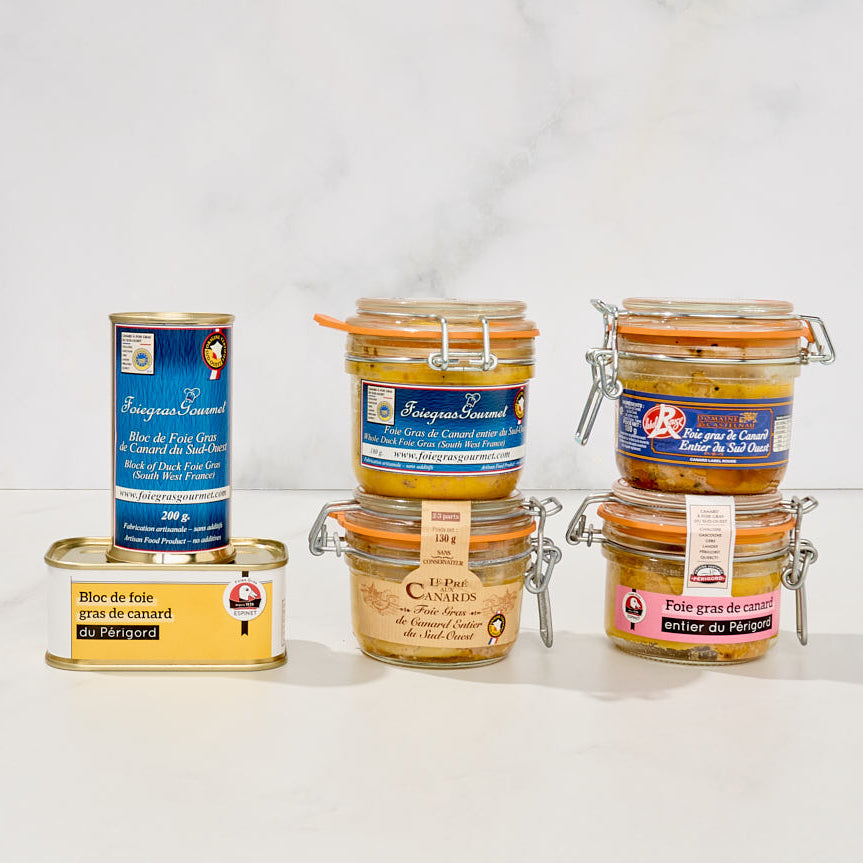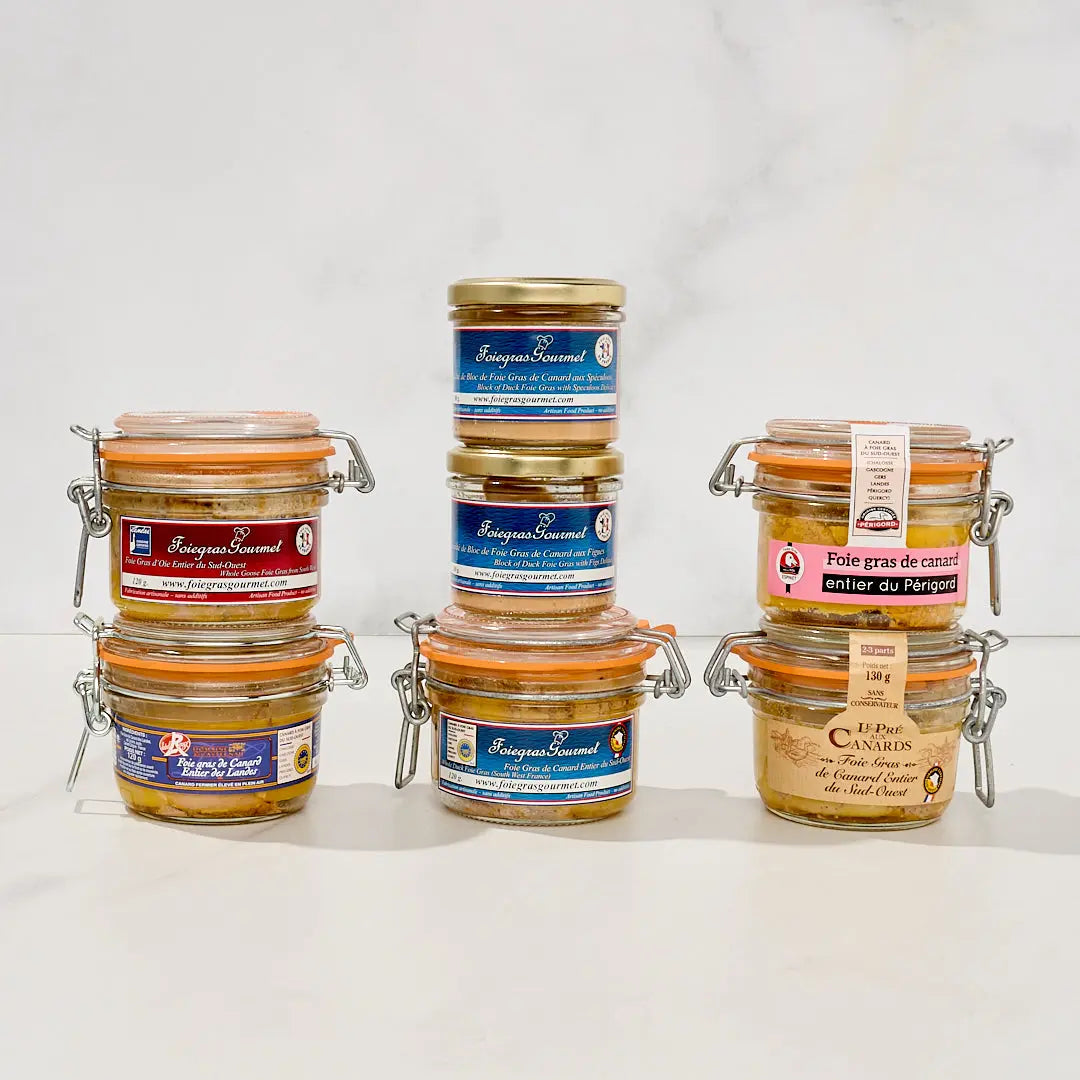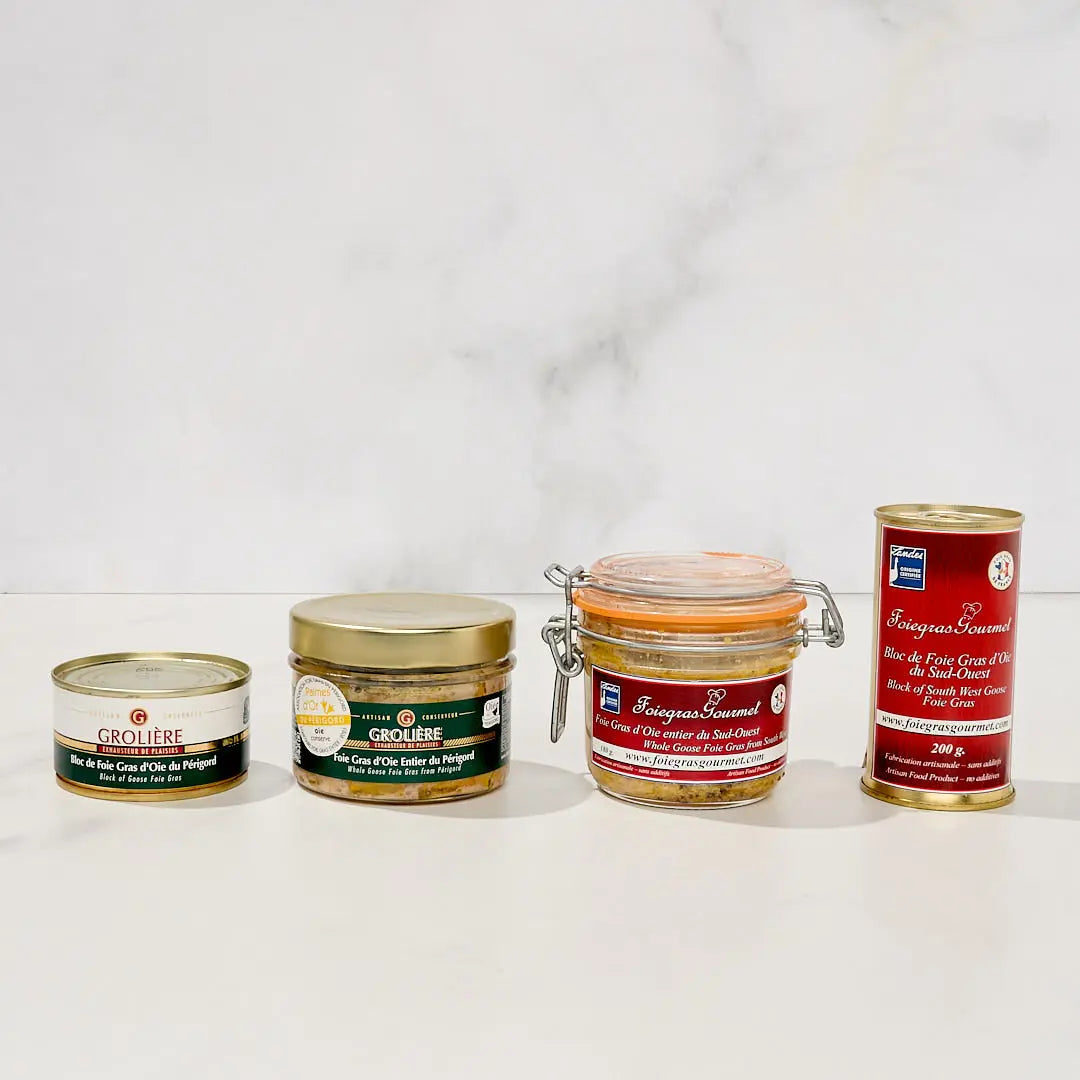The French Paradox
Foie gras : celebrate without the cholesterolThe “French Paradox” is a term that has been coined by English-speaking dieticians and scientists to describe the apparent anomaly between the diet consumed by those living in South-West France and their health. In this region of the country, diet is generally rich fat (from foie gras and duck confit) although levels of health in the general population are better than elsewhere in France and the incidence of heart disease at just 80 per 100,000 per annum is four times lower than that of the United States. Scientists are still trying to understand exactly to what this is attributable, although just as has been shown to be the case with wine; it would seem that eating foie gras in moderation would appear to have a positive effect on health. By definition, foie gras is a fatty food although it is also nutritional. Goose and duck flesh are both rich in monounsaturated fats and it has been stated that these fats, when consumed in moderation, can have a protective effect on blood vessels. In addition, a 50g serving of foie gras with 225 calories contains fewer calories than either a hamburger (275 calories) or a pizza (600 calories). At www.foiegrasgourmet.com we are absolutely passionate about foie gras. However, as an expert in distribution and a French master chef we are not qualified to provide medical or scientific advice. What we can assure you is that sharing good food with good friends is one of life’s real pleasures. And after all, enjoying one of life’s pleasures must be good for our health, mustn’t it!
|
||||||||||||||||||||||||||||||||||||||||||||||||||||||||||||
|
(*from CNEVA/CIQUAL/INRA/Nutrition data.com) |
||||||||||||||||||||||||||||||||||||||||||||||||||||||||||||













